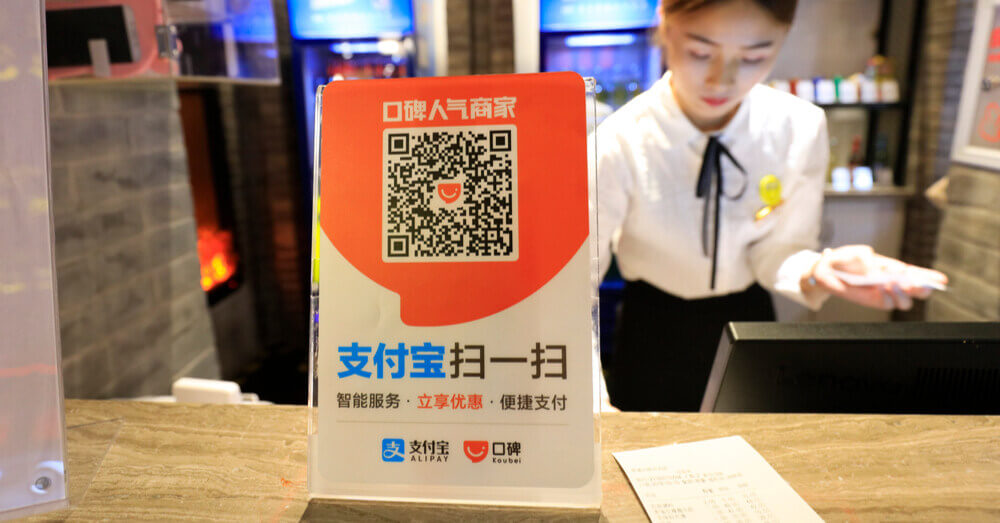
China’s DCEP may cause little disruption in the country’s present financial system and still offer more control over the retail economy to the government, Woo said
China’s DCEP — the world’s first Central Bank Digital Currency for a major country — officially rolled out in parts of the country for pilot tests earlier this year. Since then, predictions about how and when the rollout of China’s digital renminbi will take form have been circulating.
Glen Woo, Ledger Vault’s head of the Asia-Pacific region, has predicted that China will be the first state-backed digital currency to launch worldwide in a conversation with Coin Telegraph.
“I believe when it does come, it’s going to be one of the first, if not the first, real CBDC with a real use case globally,” Woo said. He highlighted the speed at which China has implemented major initiatives at a national scale and hinted that the initial pilot involving a few businesses in select districts is just the beginning.
Woo estimates that more than 96% of all small retail transactions in China are processed by AliPay or WeChatPay. Analysts have often wondered where DCEP would fit into the average person’s financials, with popular digital payment options already in place.
However, Woo believes that the CCP permitted the growth of digital transaction platforms in the country with the objective of streamlining vast financial activity onto a few different platforms. This allowed the government’s hold on financial transactions to reach into rural areas, unlike before.
DCEP offers features like “double off-line transactions” which are not available in current payment systems, and could be used to promote the platform as a competitor to AliPay and WeChatPay, analysts have claimed. However, Woo asserted that the DCEP will be integrated into the present financial system and enable the government to have greater control over the retail economy with little disruption.
“[F]rom the retail user’s perspective, [you] wouldn’t necessarily know what has changed — it’s going to be the same. They will still use WeChat, the super-app, to do a lot of different things — shopping, calling cabs, transferring money, and so on,” Woo said. “It’s going to be seamless, no one is even going to know the difference,” he added.”
Woo predicted that China might incentivise trade partners to promote the use of DCEP in their transactions, potentially leading to disruption of the USD in international trade. However, Woo added that the strategy might not succeed in the short term because of the increasing protectionism across the world due to Coronavirus.

